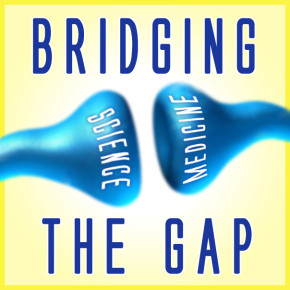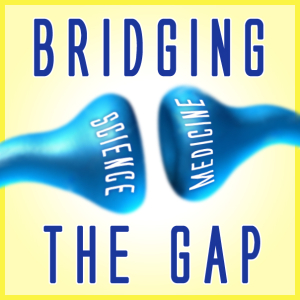 “Study snacks,” both high in fat and sugar, are an indispensable part of any medical student’s life during exam season. Putting on weight while cramming can be expected, as there exist evolutionary, genetic and neural bases underlying high caloric food cravings during times of stress. These factors fuel unhealthy weight gain despite scientific research into obesity and educational outreach by health professionals advocating this scientific approach to understanding obesity. Uncontrolled weight gain is often a social pitfall as obese individuals are frequently subjected to derision and negative societal attitudes towards their appearance. In an effort to steer the current nature of healthcare for obese patients towards a more medical and scientific approach, the American Medical Association (AMA) determined this summer that obesity is, in fact, a disease.
“Study snacks,” both high in fat and sugar, are an indispensable part of any medical student’s life during exam season. Putting on weight while cramming can be expected, as there exist evolutionary, genetic and neural bases underlying high caloric food cravings during times of stress. These factors fuel unhealthy weight gain despite scientific research into obesity and educational outreach by health professionals advocating this scientific approach to understanding obesity. Uncontrolled weight gain is often a social pitfall as obese individuals are frequently subjected to derision and negative societal attitudes towards their appearance. In an effort to steer the current nature of healthcare for obese patients towards a more medical and scientific approach, the American Medical Association (AMA) determined this summer that obesity is, in fact, a disease.
Should physicians and health care professionals adopt this view? Health care policy certainly has. The Affordable Care Act now provides financial support through insurance to provide services such as counseling on diet and exercise to individuals who struggle with obesity. In order for a physician to decide whether or not to incorporate this view into his or her medical practice, it is critical that a comprehensive understanding of the scientific underpinnings of obesity is developed. A few of the newer highlights are covered here.
A 2013 study by the Department of Nutrition at the University of California, Davis helps elucidate the reason that stressful times promote unhealthy eating habits. This group reported the cortisol levels of women experiencing a condition known as higher chronic stress, a condition with defined criteria, as well as fMRI studies of brain regions involved in emotional decision-making. The study found that subjects with high chronic stress were associated with stronger amygdala-putamen connectivity, a relationship that has previously been related to habit-based eating disorders.
Another brain activity that has been associated with obesity is endocannabinoid signaling, specifically in brain regions involved in emotional regulation such as the amygdala, which has previously been modeled in neural pathways involving extinction of fear conditioning. Endocannabinoids are lipid signaling molecules derived from polyunsaturated fatty acids whose levels in the brain have been studied as potential regulators of body weight. These findings instigated an NIH study that analyzed fatty acid enzyme mutations in obese individuals and subsequent endocannabinoid system activation. Researchers found that mutations were linked to increased levels of endocannabinoid biomarkers in plasma, indicating a possible association with fatty acid enzyme genotype, subsequent endocannabinoid system activation and resultant obese phenotype. These studies are only a few examples of the ongoing scientific investigations on understanding obesity.
Social shortcomings overlook the scientific foundations of obesity and often attribute being overweight with poor lifestyle choices. Even though the AMA is made up of physicians, this does not necessarily mean that all doctors have relinquished these societal perceptions of obese individuals. Understanding the genes and neural circuitry that underlie obesity is crucial to providing informed patient care to obese patients, even if it takes time for physicians to accept it. Perhaps labeling obesity as a “disease” rather than a “choice” by the AMA has been a step in the right direction. It helps doctors assess obese patients scientifically, unobstructed by social stigmas, and thus provide the most beneficial patient care possible to those suffering from obesity.
Bridging the Gap focuses on the relationship between basic research and medicine to develop an appreciation for the science that underlies the foundations of modern medicine.



